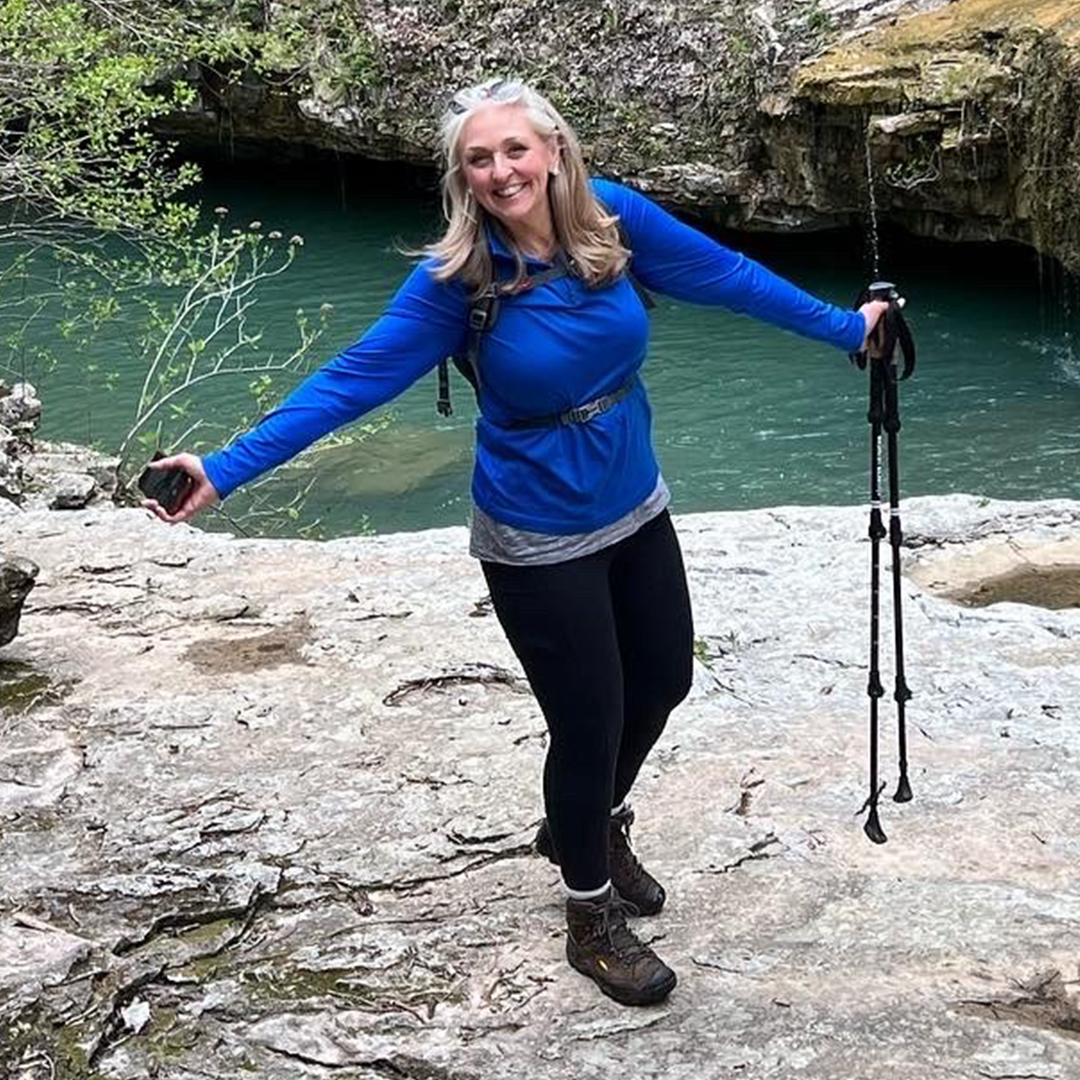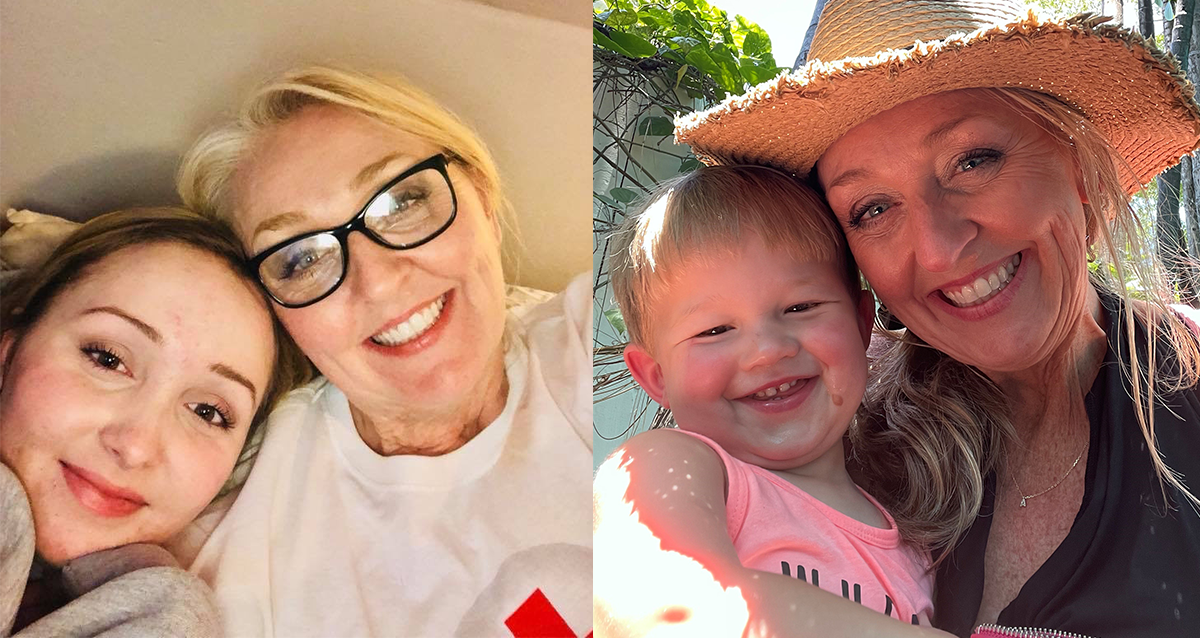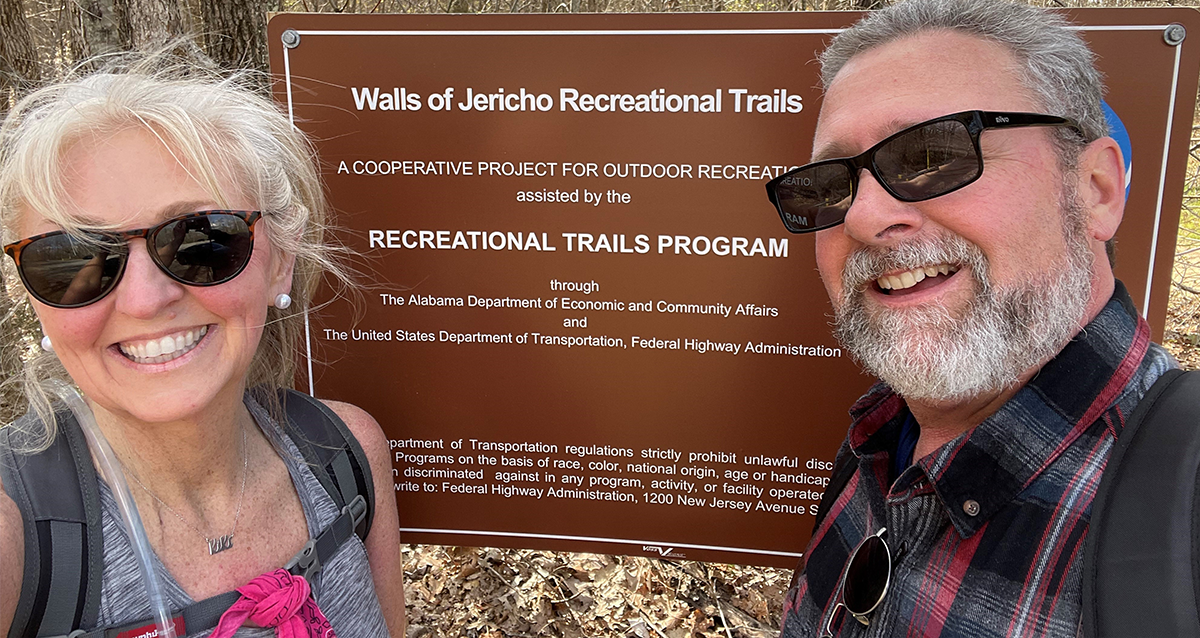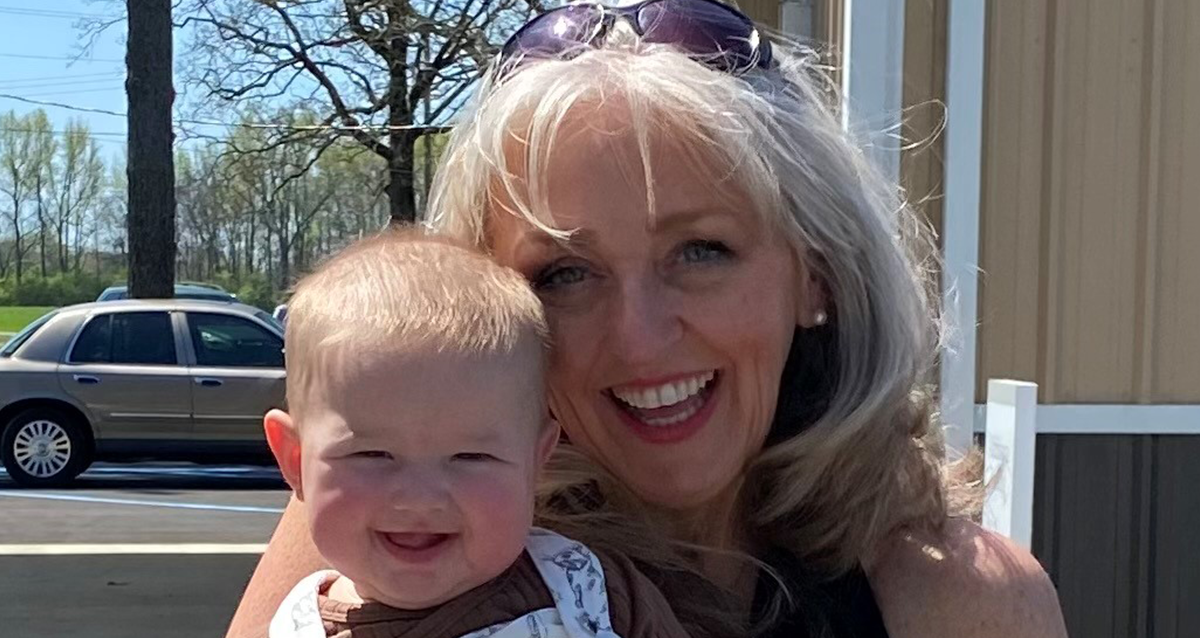


In 2015, Khris A. received devastating news she never expected to hear: She had stage 4 lung cancer. At the age of 47. The mom of two immediately felt heartbroken and worried for the future—would she miss graduations, weddings, grandkids? All of it felt suddenly out of reach. Khris underwent a lobectomy and a treatment plan (including immunotherapy) at City of Hope Atlanta. Two years after her lobectomy, Khris celebrated scans that showed no evidence of disease—and met her first grandbaby (five years to the day of her diagnosis). Here, she shares the advice she’d give to others.


